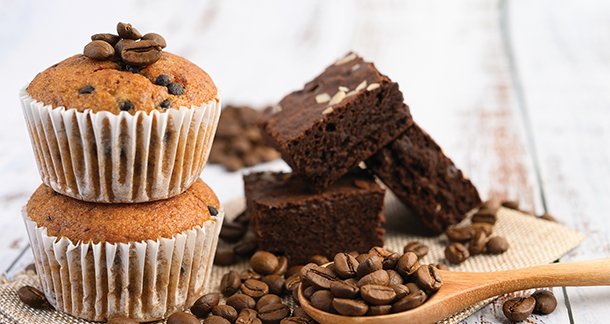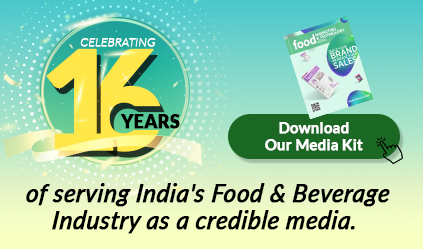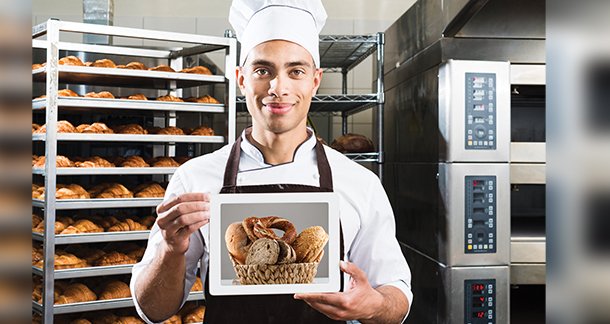If you have stepped into a modern bakery lately, you must have noticed how things aren’t quite the way they used to be. There is still the warm smell of fresh bread and the magic of watching dough rise, but behind the counter, there is a quiet shift happening. Baking, which has always been seen as an art passed down by feel and instinct, is now being shaped by science and technology. Honestly? It is pretty exciting.
As a chef who’s spent years balancing tradition with innovation, I have seen this change unfold up close. What used to rely solely on hands-on experience like judging a dough’s readiness by touch, can now be guided by smart tools that offer more consistency without losing the soul of the craft.
The rise of smart ovens
Let’s start with the oven — the heart of any bakery. Today’s smart ovens are nothing like the ones we grew up with. They adjust heat, humidity, and airflow automatically. Some even “learn” from each batch of croissants or cheesecakes you bake, tweaking their settings to match what worked best before.
I have used them in my own kitchen, and I can say this: it is a game changer. It does not replace skill, but it helps younger chefs hit the right notes faster. No more guessing if the crust will crack right, the oven takes care of the technical bits, so you can focus on flavor, creativity, and craft.
Smarter ingredients for Mindful Bakes
We are also baking differently now because our ingredients have changed. More and more people want to eat food that is not just delicious but also mindful of their health, their allergies, or the planet.
Thanks to food science, it is now easier to swap out eggs, butter, or refined flour without sacrificing taste. We use things like flaxseed gel in place of eggs, or aquafaba (that liquid from chickpeas) to make airy, eggless mousses. Our egg-free brioche has structure and softness — and honestly, it is hard to tell it apart from the original.
These choices open doors. They make good baking more inclusive, without compromising the experience.
Taking the Guesswork out of Fermentation
Fermentation is where baking gets personal. Sourdough, for instance, used to be all about feel — some days it worked, some days it did not. However, now we are using temperature probes and pH sensors to watch the starter’s behavior more closely.
It is not about turning it into a science experiment — it is about understanding what’s going on, so you can guide it gently. That way, you are not just hoping your sourdough works, you are making sure it does. Every loaf you pull out of the oven is just as good as the last.

3D Printing, Molds, and a Bit of Drama
if you have ever seen a dessert that looks almost too beautiful to eat — like a perfect chocolate sphere or a tart shaped like a blooming flower — there is a good chance 3D printing or custom molds were involved.
These tools let us go beyond basic presentation. We are creating pieces that tell a story, sometimes inspired by tradition, festivals, or even architecture. It is one of my favorite parts of modern baking — where technique meets design in such a personal and creative way.
Baking with Sustainability
Of course, the way we bake now also takes the planet into account. Technology helps us track our ingredients better, so we know exactly where our chocolate or flour comes from. Some kitchens even use block-chain systems to trace their sources and ensure they are ethical and sustainable.
And we are using data to bake smarter, like planning how much to make so we do not over bake and waste food. Even small changes, like using energy-efficient ovens or tracking leftover dough, can make a big difference over time.
Keeping the Old Way Close to the Heart
we have not left the traditional ways. We still hand-laminate croissants. We still mill some of our flours in-house because the flavor is worth it. The feel of dough between your fingers, or the way your gut tells you a cake is done before the timer beeps — that is still important.
What is changed is that we now have tools that support us, that take away some of the stress, help us avoid waste, and let us focus on creativity and connection.
What the Future Holds
The future of bakeries in not just about better bread or fancier desserts. It is about smarter systems, more conscious choices, and more space for creativity. Bakers today are not just craftspeople, they are thinkers, designers, and even data nerds at times.
Even with all the high-tech ovens, fancy foams, or data dashboards, the heart of baking stays the same: joy, care, and the satisfaction of creating something meaningful from simple ingredients.
As I always tell my team — the oven might be smarter, but it still needs someone behind it with a heart.



